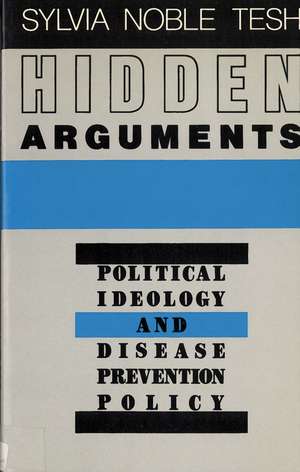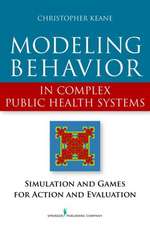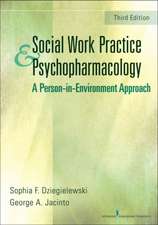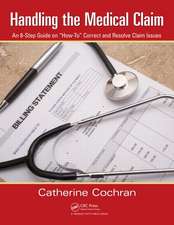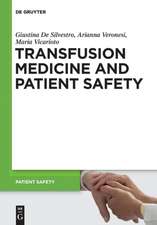Hidden Arguments – Political Ideology and Disease Prevention Policy
Autor Sylvia Noble Teshen Limba Engleză Paperback – 31 ian 1988
In this provocative book, Sylvia Tesh shows how "politics masquerades as science" in the debates over the causes and prevention of disease. Tesh argues that ideas about the causes of disease which dominate policy at any given time or place are rarely determined by scientific criteria alone. The more critical factors are beliefs about how much government can control industry, who should take risks when scientists are uncertain, and whether the individual or society has the ultimate responsibility for health. Tesh argues that instead of lamenting the presence of this extra-scientific reasoning, it should be brought out of hiding and welcomed. She illustrates her position by analyzing five different theories of disease causality that have vied for dominance during the nineteenth and twentieth centuries, and discusses in detail the political implications of each theory. Tesh also devotes specific chapters to the multicausal theory of disease, to health education policy in Cuba, to the 1981 air traffic controller's strike, to the debate over Agent Orange, and to an analysis of science as a belief system.
Along the way she makes these principal points: She criticizes as politically conservative the idea that diseases result from a multifactorial web of causes. Placing responsibility for disease prevention on "society" is ideological, she argues. In connection with the air traffic controllers she questions whether it is in a union's best interests to claim that workers' jobs are stressful. She shows why there are no entirely neutral answers to questions about the toxicity of environmental pollutants. In a final chapter, Tesh urges scientists to incorporate egalitarian values into their search for the truth, rather than pretending science can be divorced from that political ideology.
Along the way she makes these principal points: She criticizes as politically conservative the idea that diseases result from a multifactorial web of causes. Placing responsibility for disease prevention on "society" is ideological, she argues. In connection with the air traffic controllers she questions whether it is in a union's best interests to claim that workers' jobs are stressful. She shows why there are no entirely neutral answers to questions about the toxicity of environmental pollutants. In a final chapter, Tesh urges scientists to incorporate egalitarian values into their search for the truth, rather than pretending science can be divorced from that political ideology.
Preț: 299.95 lei
Nou
Puncte Express: 450
Preț estimativ în valută:
57.41€ • 60.36$ • 47.75£
57.41€ • 60.36$ • 47.75£
Carte tipărită la comandă
Livrare economică 27 decembrie 24 - 10 ianuarie 25
Preluare comenzi: 021 569.72.76
Specificații
ISBN-13: 9780813513157
ISBN-10: 0813513154
Pagini: 224
Dimensiuni: 152 x 229 x 15 mm
Greutate: 0.29 kg
Ediția:None
Editura: Wiley
ISBN-10: 0813513154
Pagini: 224
Dimensiuni: 152 x 229 x 15 mm
Greutate: 0.29 kg
Ediția:None
Editura: Wiley
Notă biografică
SYLVIA NOBLE TESH, a political scientist, is on the faculty of the University of Michigan School of Public Health.
Cuprins
Acknowledgments
Introduction
Chapter 1. Nineteenth-Century Debates
Chapter 2. Twentieth-Century Debates
Chapter 3. A Multicausal Solution?
Chapter 4. Cuba and Health Promotion
Chapter 5. Air Traffic Control and Stress
Chapter 6. Vietnam Veterans and Agent Orange
Chapter 7. Individualism and Science
Notes
Index
Introduction
Chapter 1. Nineteenth-Century Debates
Chapter 2. Twentieth-Century Debates
Chapter 3. A Multicausal Solution?
Chapter 4. Cuba and Health Promotion
Chapter 5. Air Traffic Control and Stress
Chapter 6. Vietnam Veterans and Agent Orange
Chapter 7. Individualism and Science
Notes
Index
Descriere
In this provocative book, Sylvia Tesh shows how "politics masquerades as science" in the debates over the causes and prevention of disease. Tesh argues that ideas about the causes of disease which dominate policy at any given time or place are rarely determined by scientific criteria alone. In a final chapter, Tesh urges scientists to incorporate egalitarian values into their search for the truth, rather than pretending science can be divorced from that political ideology.
